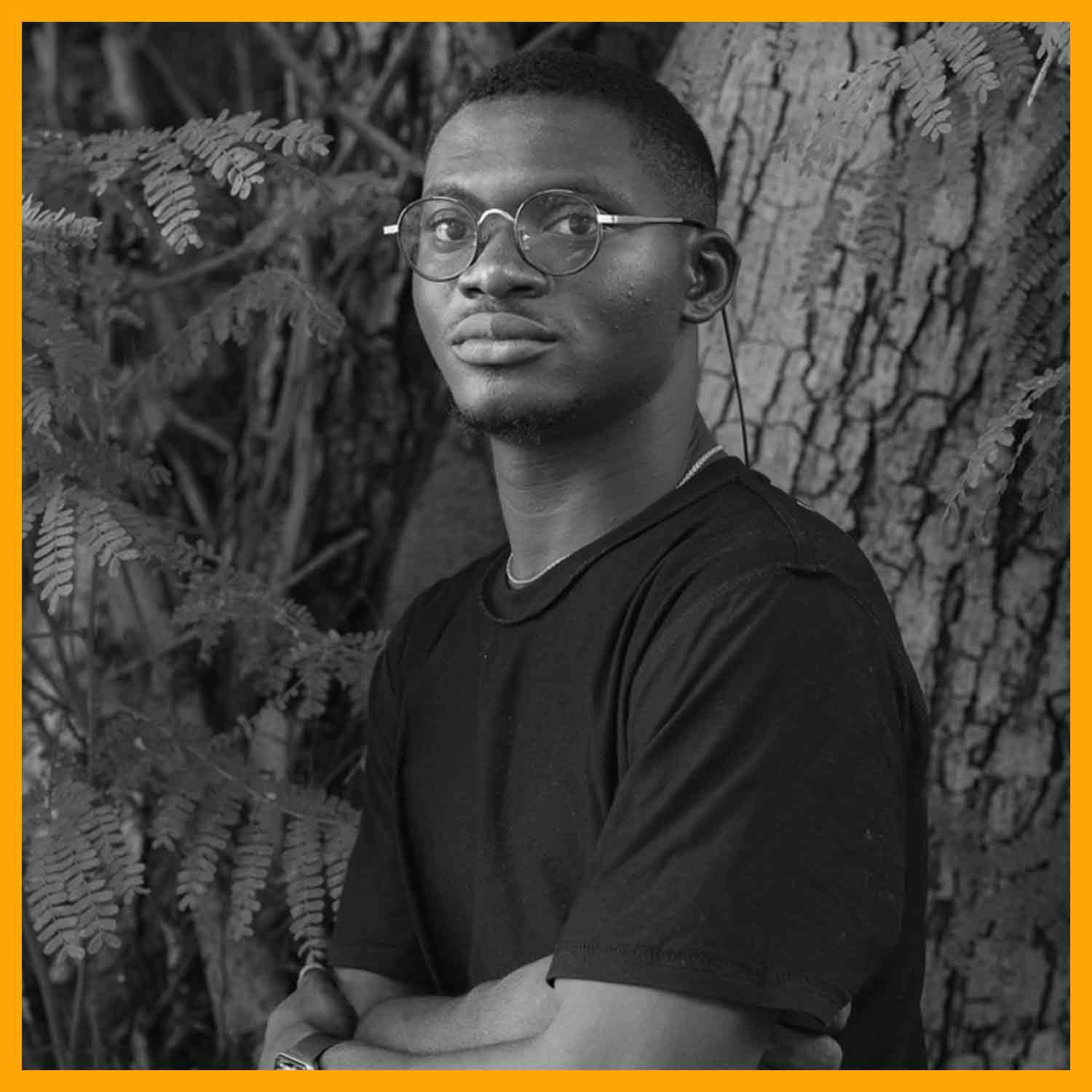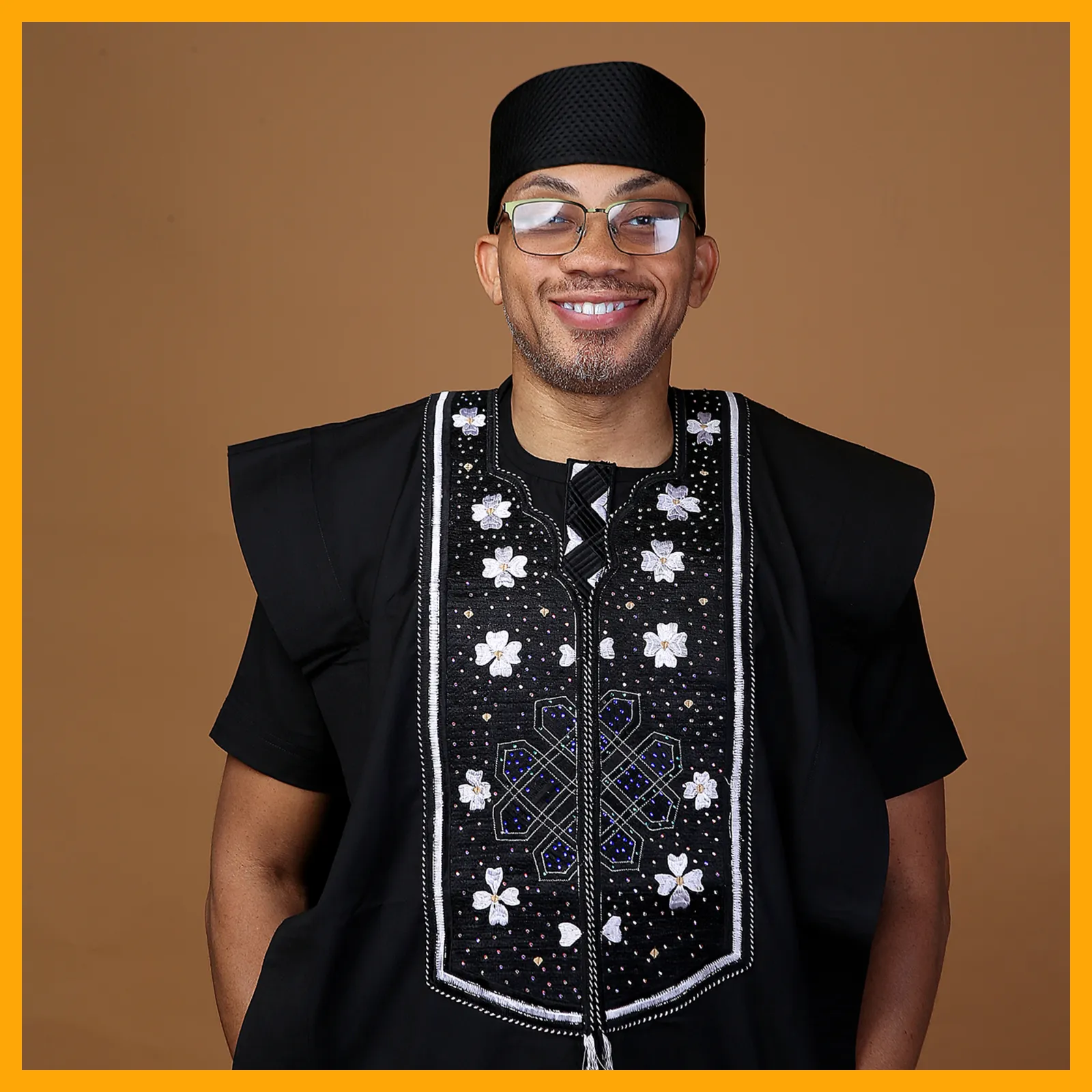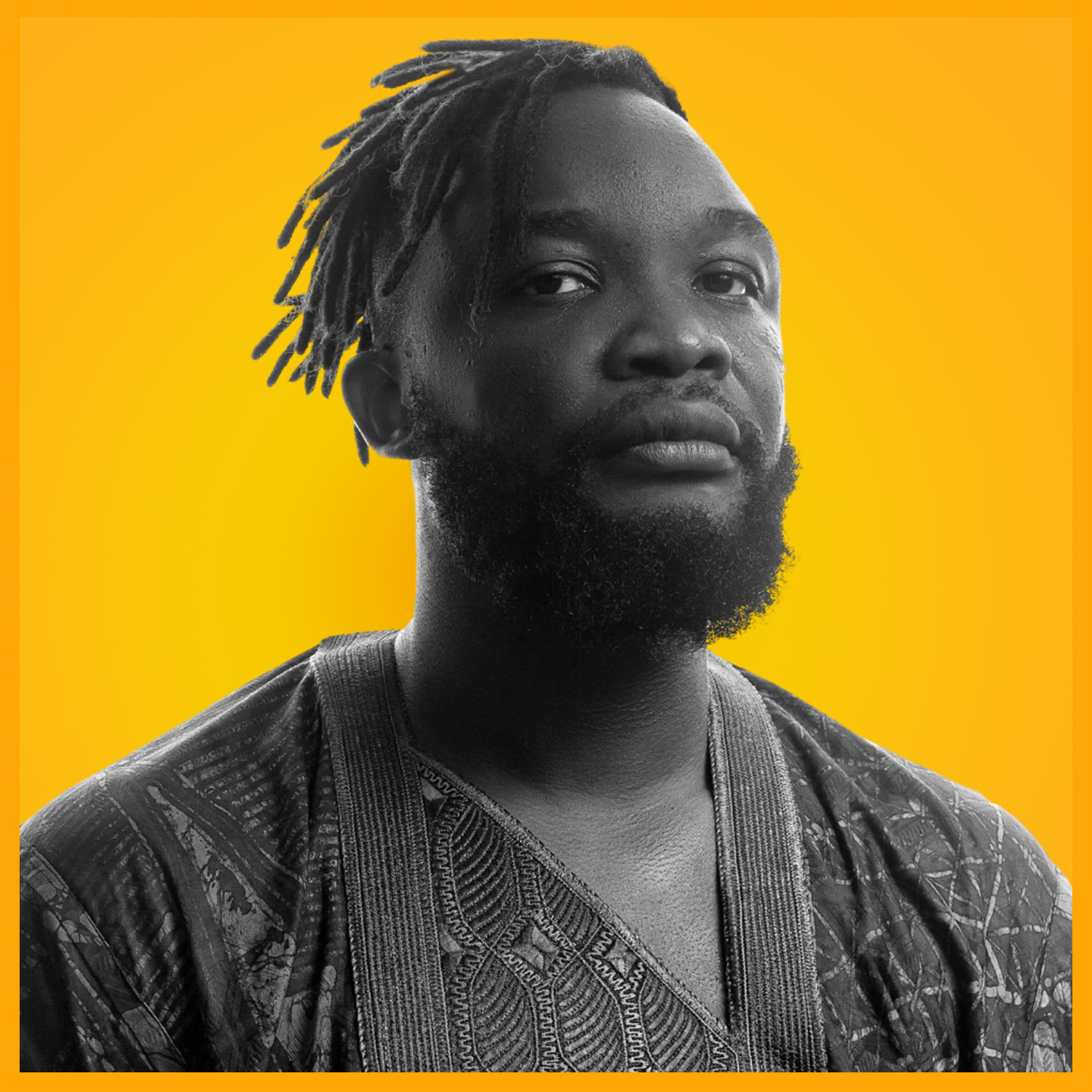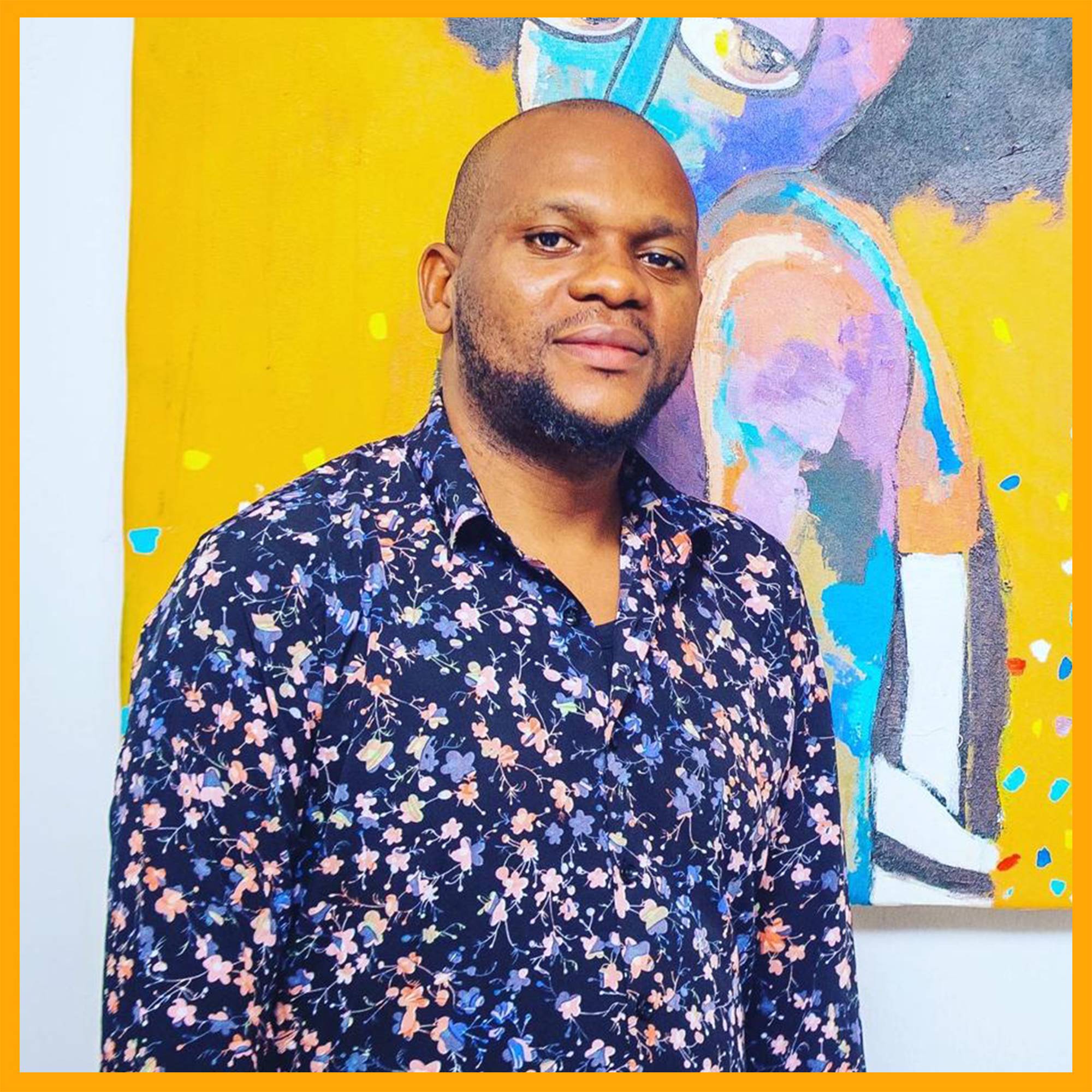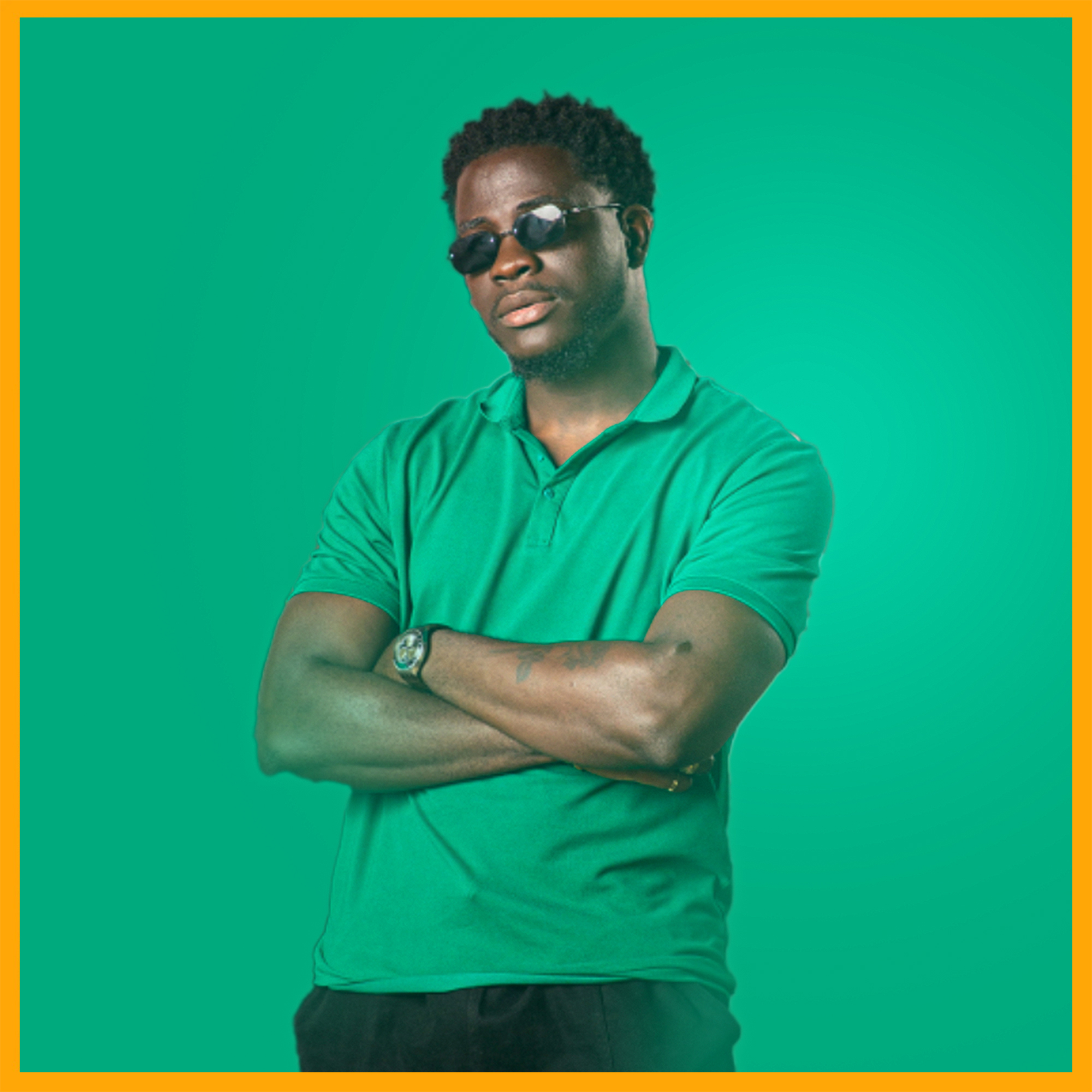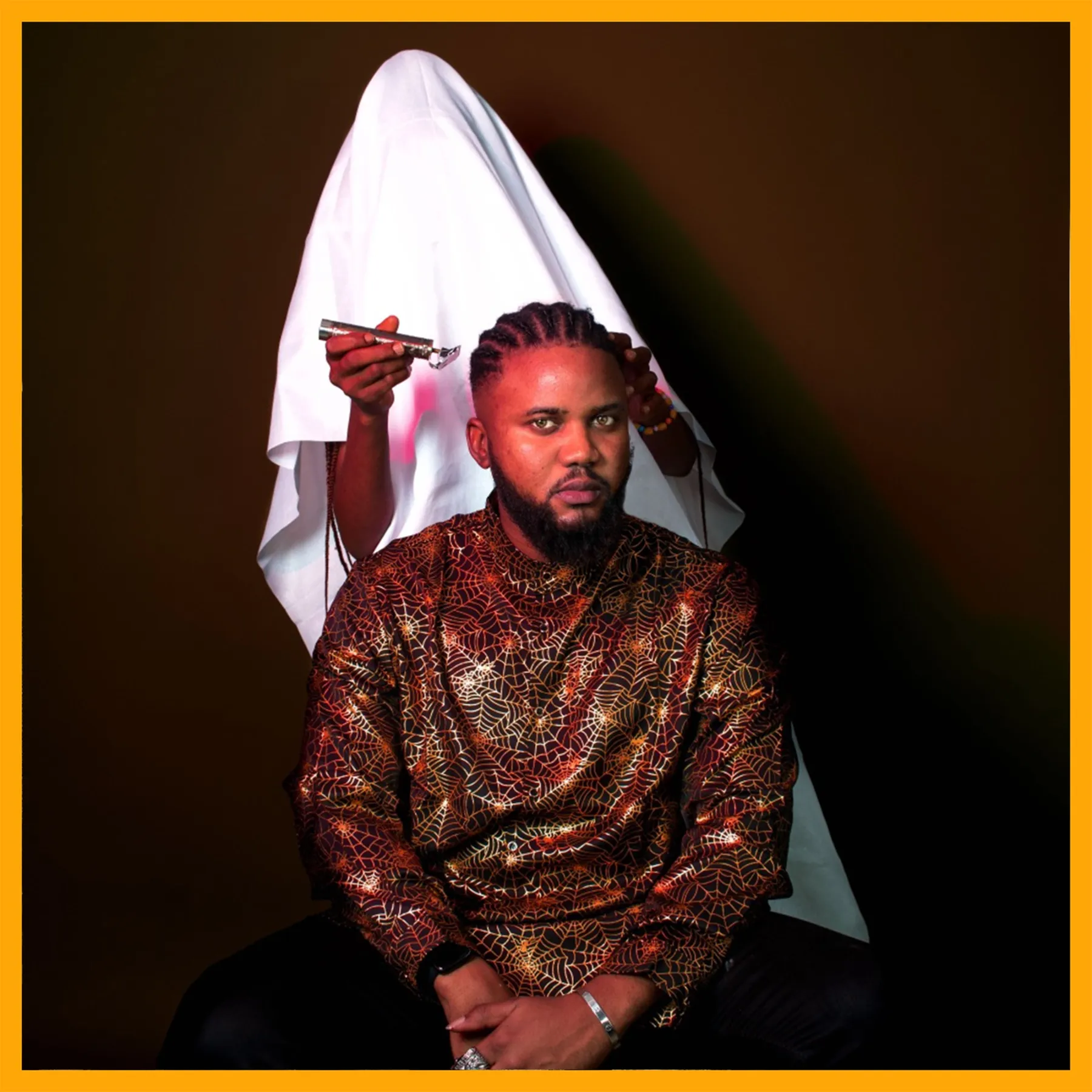Adedayo Agarau is a creative nonfiction writer, poet and editor. Prestigious publications that have featured his works include Poetry Magazine, Poetry Society of America, World Literature Today, Tab Journal, Anomaly, Frontier, Iowa Review, and Boulevard. In 2022, he was shortlisted for the Brunel International African Poetry Prize, became a Robert Hayden Scholarship fellow of Stockton University, and received the Stanley Awards for International Research at the University of Iowa.
He is currently studying for a Master of Fine Arts (MFA) degree at the Iowa Writers’ Workshop ’23. He is also the Editor-in-Chief at Agbowó: an African magazine of literature and art, and an associate editor with Unserious Collective and the Nigerian National Poetry Prize.
Creatives have different sides to them, and our star for The Big Showcase today shares some interesting details about himself that are not common knowledge to many people.
“Outside of poetry, I write for tech through my job as a content marketing lead at Scalex. I also lead and direct content and business communications at the tech company. I like to read, I’m a playful person, and I enjoy being around kids. I love cooking and music too. If I had enough talent, I’d have explored the possibility of being a musician, but unfortunately, I can’t sing.”
Choosing Poetry as a Medium of Creative Expression
The common saying that a tree doesn’t make a forest applies to different stages of life and careers. Adedayo Agarau discovered the power of poetry with the help of other people.
“I wasn’t always interested in poetry until secondary school when I was an assembly prefect and seized the book ‘An Anthology of West African Poets’ from a junior student who brought it to the assembly ground. Six months after taking the book home, I found and started reading it. I realised I enjoyed poetry and began writing poems too.”
Adedayo Agarau also highlights some of the key players at the beginning of his creative career.
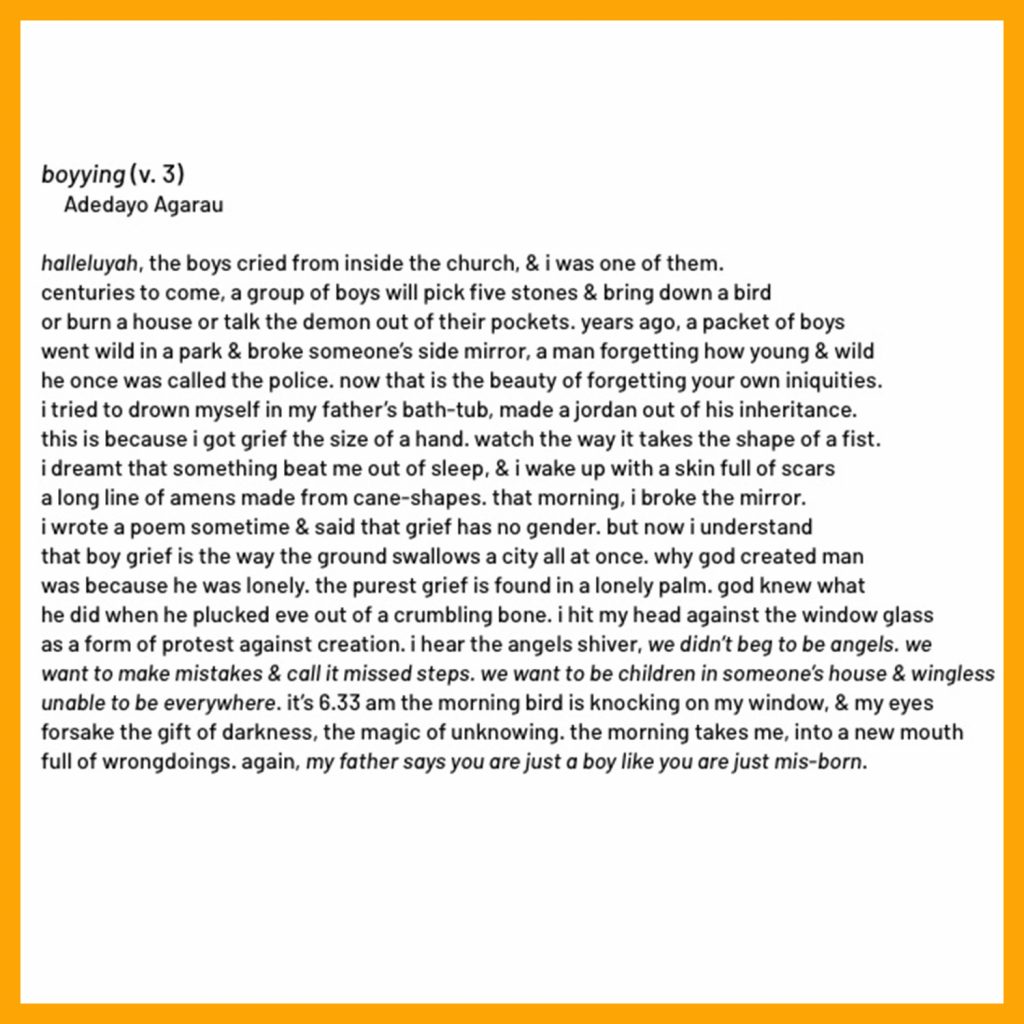
“Around 2012/2013, I also stumbled upon a poetry chatroom on 2go, where I met Rasaq Malik and other notable poets who made me fall more in love with reading and writing poetry. Afterwards, I met Samson Iruesiri Kukogho, who helped me edit and publish my first poem, and since then, I’ve been writing.”
Many people who lack appreciation for poetry wonder if poetry is essential to our world. Adedayo attempts to correct the misconception that poetry isn’t as crucial as other art expressions.
“There are several things important to life; poetry is one of them. Poetry alone cannot save the world, but it can save people individually, which means that poetry makes people better collectively too. Literature mirrors life and helps to document and create visibility for stories that the coming generation can learn from.”
Poetry has many definitions, and due to its unconventional nature, not everyone appreciates the various types of poetry. Adedayo Agarau touches on the concepts of depth and complexity in poetry.
“I’ll relate the idea of depth and complexity in poetry to the biblical parable of the talents where some stewards received ten, five, two and one talents. That is to say, there are some people whose writing lacks depth, which is okay because depth isn’t the entirety of poetry and people who write poems with plain language are also poets. However, it’s also essential to read other people because other people’s writings influence your voice. For me, Rasaq Malik influenced my writing, and I like to tell poets that you can’t form an island of your voice because your voice is a conglomerate of other people’s voices.”
Writing Style and the Beauty of Contemporary Poetry
Adedayo Agarau shares how poetry could occasionally be for only a select group of people and how remarkable contemporary poets are breaking that bias.
“Since not every song or artist is for everybody; so also, not all poems are for everyone. Also, while other forms of literature are research-based, poetry doesn’t follow the conventional rules of literature. Most people express themselves without entirely expressing themselves, which is why many choose it as their medium of expression.”
He continues:
“Interestingly, contemporary poets are beginning to write more vulnerably and express themselves with words that are easy to interpret. Gen Z poets like Samuel Adeyemi, Ernest Ogunyemi, Timi Sanni, and Damilola Omotoyinbo are writing poems that are brave, vulnerable, yet creative. They also use plainer language that expresses the very ideas they had in mind. As such, their poems are now inviting the general public to read and appreciate poetry.”
Adedayo Agarau, like most artists, seeks to express his emotions and experiences through his writing, but who else does he write for?
“My writing style is investigative, interrogative, vivid, conversational, and meant to get readers to question different situations, people and even the various deities we serve. For example, I’m working on a full-length project titled ‘A Year of Blood’, which interrogates and explores the concept of ritual killings in Nigeria. There are democratic, economical, and political factors responsible for this increasingly rampant gruesome trend.”
He further explains the purpose of this work-in-progress:
“While this project seeks to investigate and enlighten people on such topics, I first write for myself, mainly because I was once kidnapped. However, I won’t limit my readers by saying that the book is just for me because, in some way, I’m writing someone else’s story, like women whose children were kidnapped and used for money rituals and power fortifications. So I hope others who read the book will find their stories within its pages.”
On Fellowships and Mentorships
Adedayo Agarau explains the difference between a fellowship and a mentoring programme and the one that budding writers should focus on.
“There is a thin line between a mentoring programme and a fellowship, but I’ll say that mentoring is very good for writers looking to fine-tune their skills, while fellowships are best for writers with ongoing writing projects. For example, I am writing my current project, ‘A Year of Blood’, under the Iowa Writers’ Workshop, which is a kind of fellowship.”
Adedayo Agarau further suggests some renowned fellowships and mentoring programmes for budding writers and intending prize winners.
“An example of a good mentoring programme is Oyindamola Shoola’s SprinNG writing mentoring programme which matches a mentee to a mentor who will help to shape up the mentee’s voice within 6-7 weeks. I have been a SprinNG mentor for about four years now. The Unserious Collective is another good one that calls yearly for works by emerging writers and awards them a prize. Nigerian News Direct Poetry Prize, The Brunel Prize, the Evaristo Prize for African Poetry, and the African Poetry Book Fund are other good publications to apply to.”
On MFA and Global Opportunities
It is the greatest dream of many writers from third-world countries to break into the international writing community. Adedayo Agarau was generous with his opinions on how they can do so.
“I believe anyone can break through any level, but writing is a personal endeavour and putting yourself out there is like giving others your baby to nurture for you. First off, you have to give birth to the child and then nurture it well before letting it go. Similarly, you need to master and gain confidence in your writing before you put them out there. Once your work leaves you, it becomes everybody’s writing, and they will critique it however they want.”
Adedayo further says:
“Many people have successfully written amazing poems, but they aren’t popular. However, just like there are digital footprints of lousy writing, these talented writers are leaving digital footprints of great works. As such, to break through nationally or internationally, you need to consistently put in the work, write great pieces, and strategically create digital footprints locally that can set you up for international opportunities.”
Adedayo Agarau also divulges some of his good experiences as an MFA student at the University of Iowa.
“The programme has set me up for significant opportunities on global platforms. Among such tremendous opportunities is writing sleep stories for the biggest meditation company in the world, CALM, and the stories are voiced by international celebrities such as Idris Elba and Keith Morrison. This MFA has also improved my reading, writing, research and interpretation skills, and I’m a better editor due to this improvement.”
Conclusion
Adedayo Agarau believes that, if given a chance, many Nigerian writers can readily compete with some of the American students he teaches in poetry workshops. So we leave budding and even established African writers with a vital piece of advice from Adedayo:
“As an African writer trying to break into the international space, you need to work ten times as hard and be more exceptional than indigenous writers in those countries. To get their opportunities, strategically position yourself; if you get rejected, try again. Suppose you get published, good for you but also continue applying to other places. Just ensure you’re positioning yourself strategically for better opportunities.”


